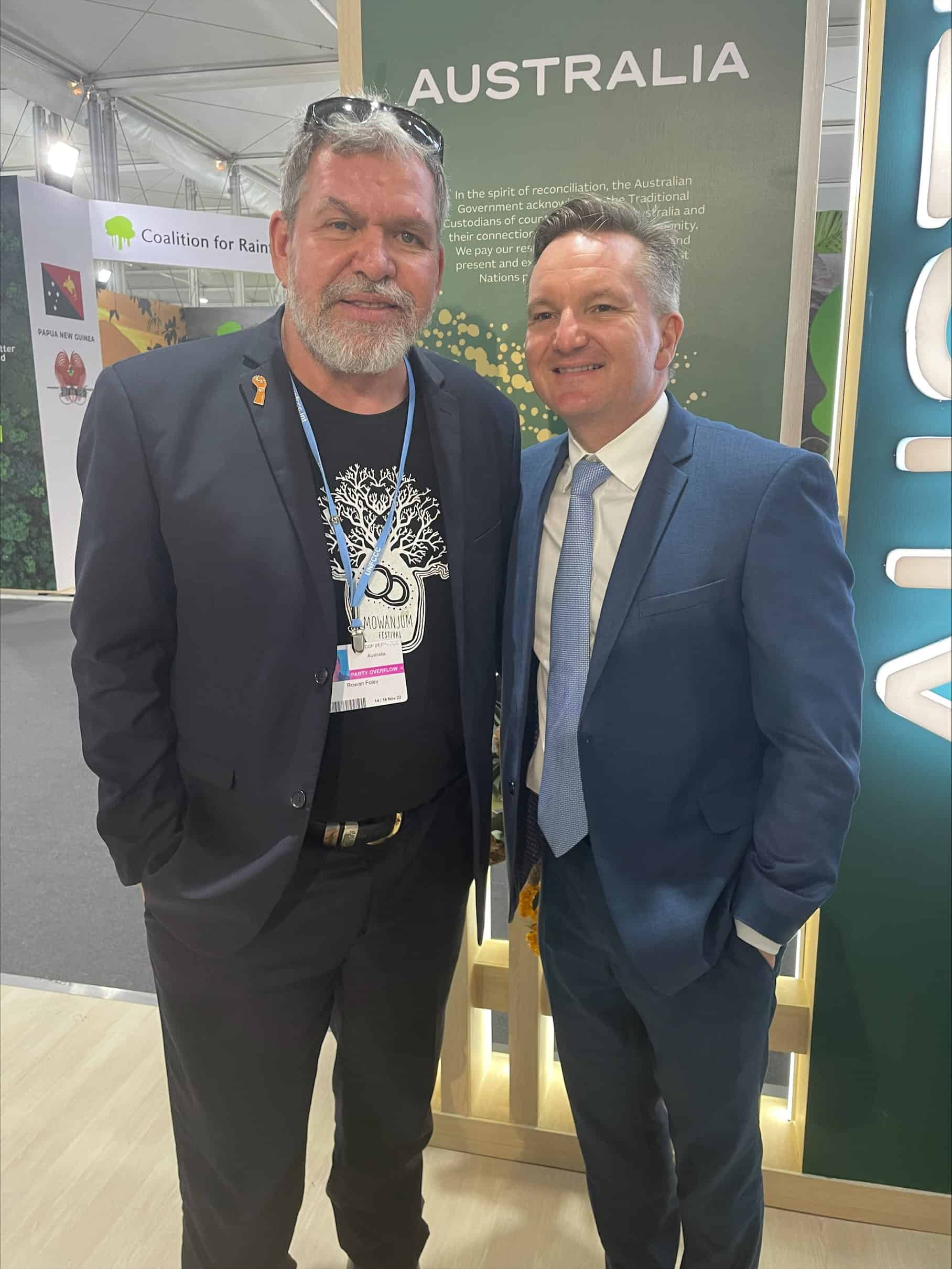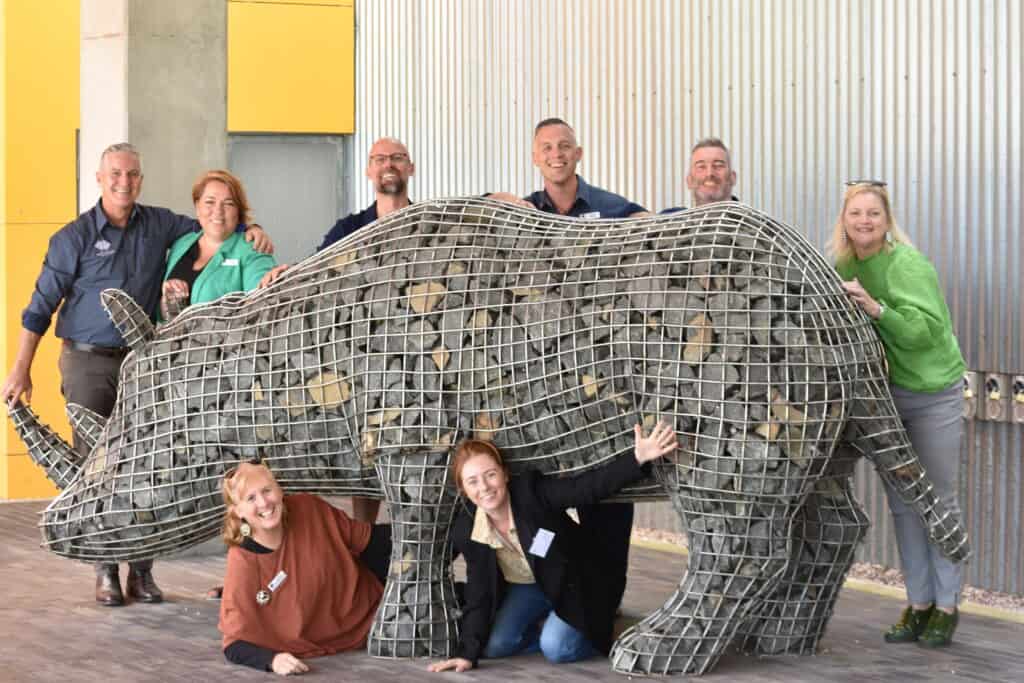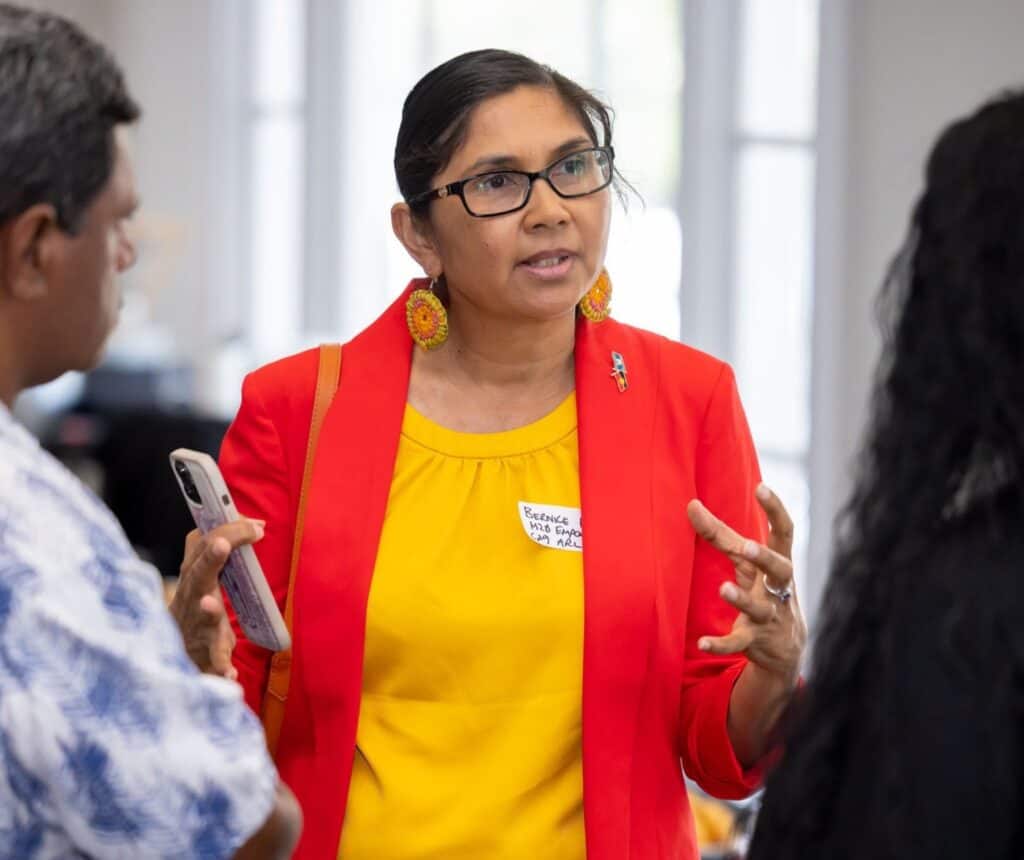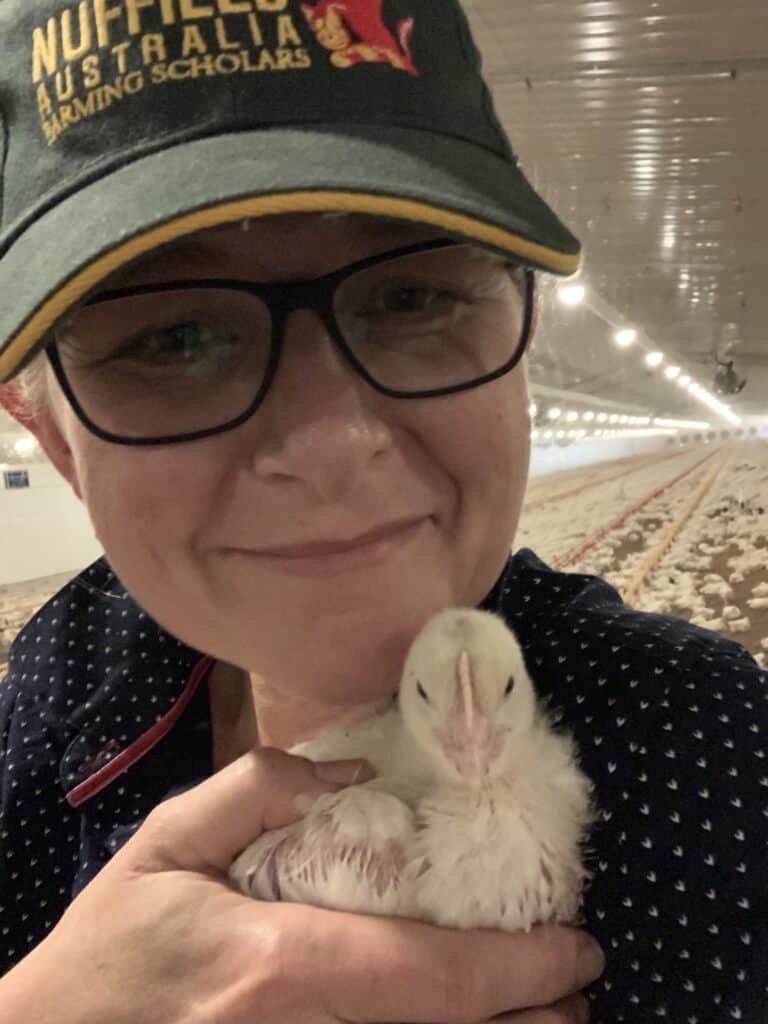As a pioneer of carbon farming in Australia, there is one conversation Rowan Foley finds himself having again and again:
“It isn’t about the trade of the commodity. You don’t do it for carbon credits. It has to be about achieving environmental, social and cultural outcomes. Good stewardship of the land must come first. If you get that right, the carbon credits are the icing on the cake,” Rowan says.
The founding CEO of the Aboriginal Carbon Foundation (AbCF) and graduate of Course 13 of the Australian Rural Leadership Program has just returned from the United Nations Climate Change Conference (COP27) in Egypt, as he takes his mind back 15 years or so to his ARLP experience.
“It was the first time I’d undertaken a leadership program, and I hoped it would help me become a more well-rounded leader,” he says.
“It was fantastic … it was hard, but when things were really difficult I realised my sense of humour came into play.”
An open mind also served him well, as Rowan’s ARLP cohort exposed him to disparate views and backgrounds.
“I’d never really mixed much with people on the conservative side of politics before. It was my first real exposure to people ‘on the right’ and it was an eye-opener. I realised people are very genuine about making a positive contribution regardless, and we all had similar goals and visions.”
Along with the AbCF Chair and its Directors, Rowan has created a vehicle to build viable economies on Aboriginal lands; working with traditional owners, pastoralists and communities holistically. They run a nationally accredited Carbon Farming Training course, and have developed a core benefits verification framework around carbon farming, which is accepted by the Queensland government and acknowledged by the Human Rights Commissioner as best practice.
“Our training course speaks to the integrity of the industry, which is a key part of our vision,” Rowan explains.
Acknowledging the ‘boutique’ niche the AbCF occupies, the organisation is nonetheless blazing an important trail in agribusiness from its base in Alice Springs.
“We’re about five years ahead of the industry in general, and when you’re at the front you do sometimes wait for others to catch up. That’s why we’ve placed such emphasis on those environmental, social and cultural values, and the importance of being certified,” he says.
“We’re an agribusiness providing jobs, access to country, paths to rebuilding knowledge of country, and blending these traditional ways with the needs of landholders.”
Rowan comes from the Wondunna clan of the Badtjala people; Fraser Island’s traditional owners. He became a ranger at Uluru-Kata Tjuta National Park in the late eighties and knew that he wanted to one day play a leadership role in the care of the Park.
“16 years later I went back as Park Manager, I had that vision and goal and that was my first real leadership position,” he reflects.
He credits a range of people with shaping his ambitions to lead, the first and most significant of whom was his mother.
“I was heavily influenced by her. She was a community leader who negotiated the first hand-back of land on Fraser Island during the Bjelke-Petersen era. I could see the leadership in her, and that’s where it came from for me,” he says.
Caring for Country is the constant thread in Rowan’s journey, and that doesn’t end on Australian shores.
“We just won a big tender with the Department of Foreign Affairs and Trade to help establish a carbon industry in Timor Leste. Building the industry with integrity; that’s what we do.”
In another AbCF collaboration, Rowan and his team have partnered with the Firesticks Alliance Indigenous Corporation to develop the Cultural Fire Credit: a tradable commodity which provides a solution and way forward for Indigenous-led, sustainably financed cultural burning practices applied across Australia.
It’s early days for the initiative, which at its foundation has a carefully developed set of guidelines and philosophies, paired with a world-first Indigenous trading platform.
“That was a highlight at COP27 – the Canadians are very interested in the cultural fire work we’ve done, and there’s the potential to export it to North America. We’ve had some early invitations from first nations leaders in Canada.”
In a world where climate action and Australia’s own decisions on bushfire management can feel painfully atrophied, Rowan frequently draws on his ARLP experience to keep forging ahead.
“That’s what the ARLP taught me: if you feel like you have something right and are on the right path, then stick with it. Just keep going and stick to your guns.”
While the AbCF delivers training and projects across the Northern Territory with obvious benefits for land and community, Rowan says the power of culture is the engine that drives it all.
“One of the things I’ve come to realise is if it’s good for black fellas then it’s good for white fellas. That’s a very challenging concept. Some in positions of power find it difficult to swallow,” he says.
“I go back to Paulo Freire’s Pedagogy of the Oppressed: ‘Any situation in which some individuals prevent others from engaging in the process of inquiry is one of violence … to alienate human beings from their own decision-making is to change them into objects’.”
This ownership of land management, and control over practices designed to benefit the environment, culture and society, is powerful.
“When you enable landholders, black or white to get the job done, you’re recognising experience and knowledge and giving them the tools to harness all of this. We use a peer-to-peer model which recognises the skills our landholders have,” Rowan says.
It’s a high-stakes movement with modesty, wisdom and a great deal of patience at its core.
“The ARLP started me on a path to being more relaxed about leadership. You don’t have to have all the answers. You can let things go a little bit, and be happy to work with others who are good at what they do.”









